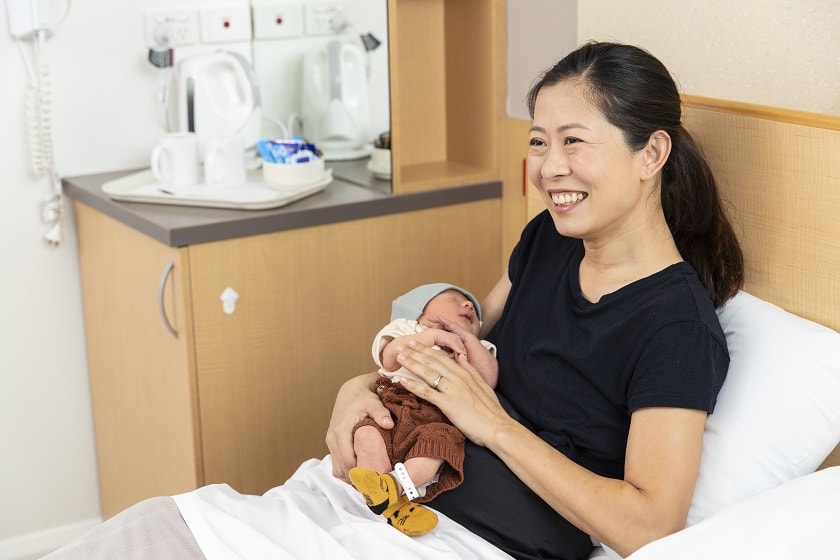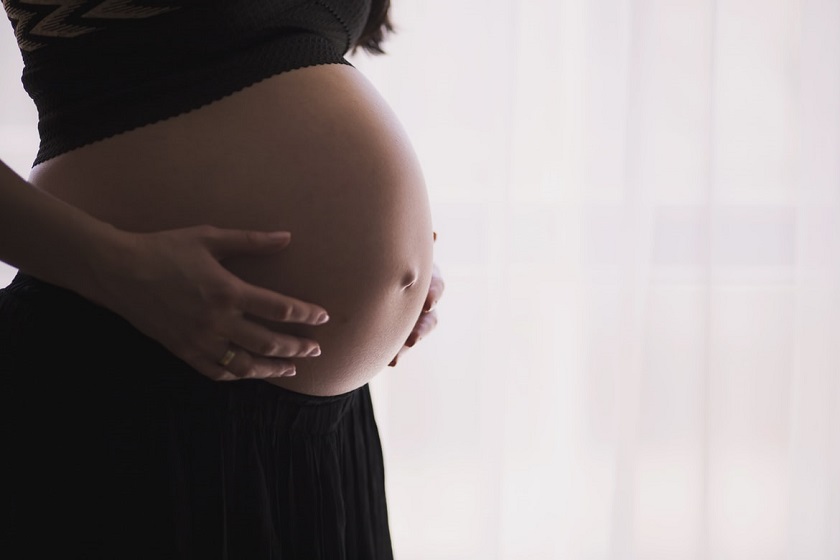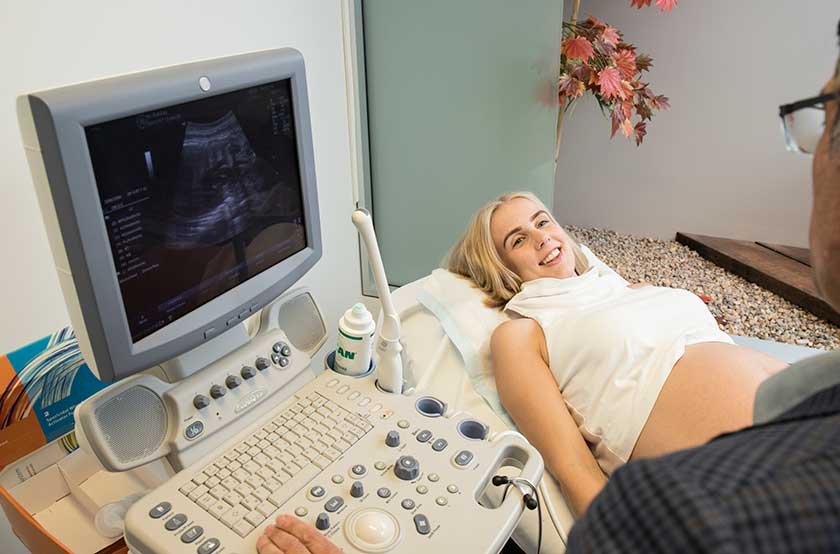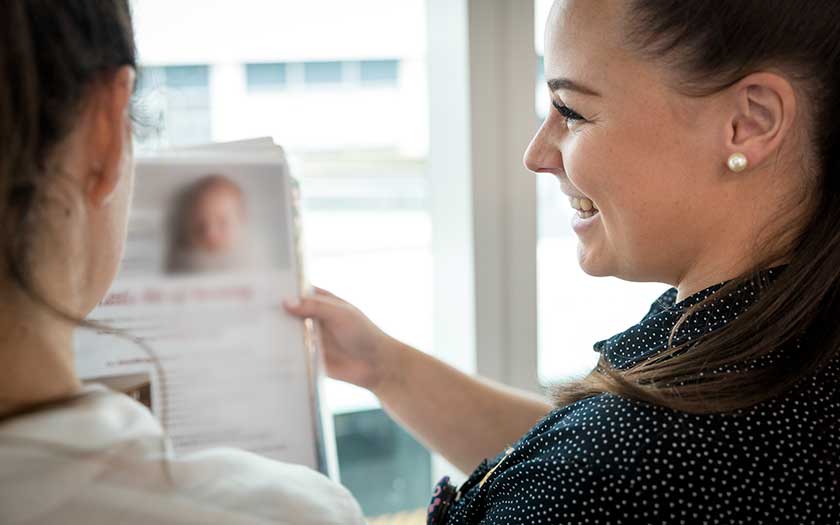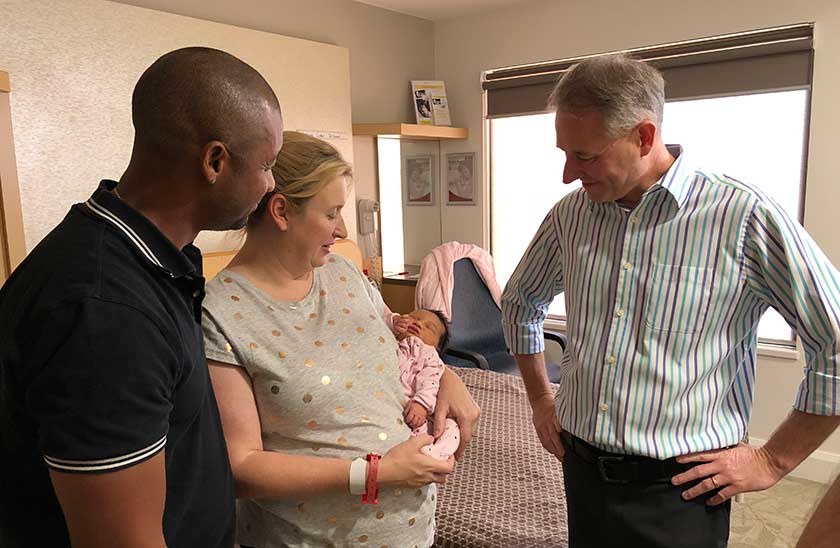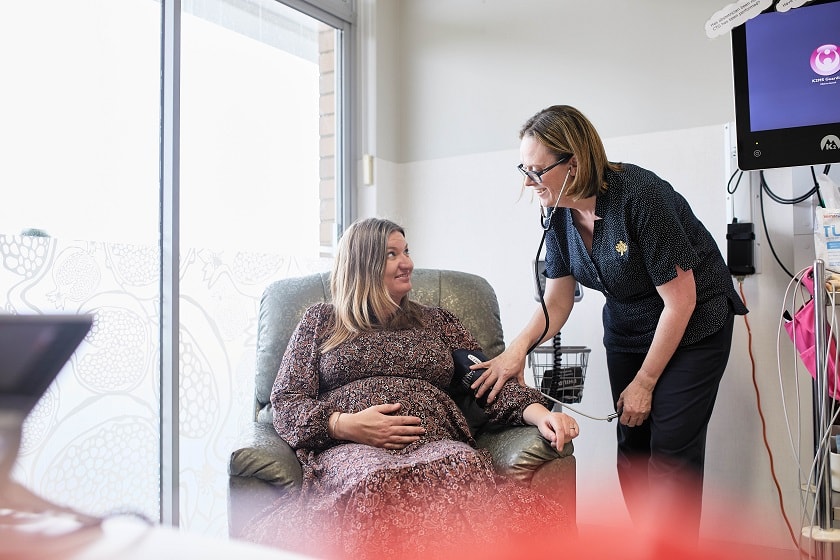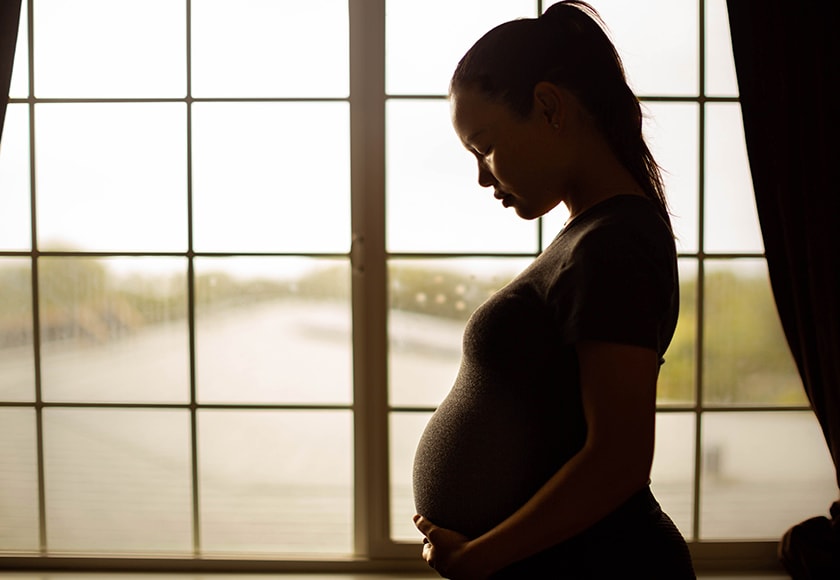I always recommend pregnant women get vaccinated (double dose and booster). This recommendation is endorsed by peak medical bodies such as:
- Therapeutic Goods Administration (TGA)
- Australian Technical Advisory Group on Immunisation (ATAGI)
- Royal Australian and New Zealand College of Obstetricians and Gynaecologists (RANZCOG)
- Centre for Disease Control and Prevention in the USA (CDC)
- Joint Committee on Vaccination and Immunisation in the UK (JCVI)
Is the COVID-19 vaccine safe during pregnancy?
Yes, the vaccine is very safe for pregnant women or women trying to get pregnant. There is no data worldwide to suggest any increased risk of fertility issues, miscarriage or stillbirth related to the vaccine.
To confirm, the vaccine is not the virus. It’s an mRNA vaccine which is a protein denatured by the body. When you receive the vaccine, the body produces antibodies and it’s those antibodies that cross the placenta and go into breastmilk not the vaccine itself. This will also help to protect the baby for a certain time after the birth.
Pregnant women might feel slightly more tired after getting the vaccine but this is a common pregnancy symptom anyway. You can also develop other minor symptoms such as aching muscles, headache and fever. There is no data to suggest that any of these symptoms are significantly worse if you are pregnant than if you are not pregnant.
What are the risks of COVID-19 during pregnancy?
If an unvaccinated pregnant woman acquires COVID-19, there is a high risk of complications in terms of both maternal health and potentially, death and loss of the baby.
She will have a:
- 1 in 3 chance of requiring admission to hospital
- 1 in 5-7 chance of requiring admission to intensive care and ventilation
- 22 times increased risk of dying
In addition to this, there is also an association with pre-term birth.
Something else people don’t think about is if a woman has COVID-19 late in her pregnancy or when she’s giving birth, she may not be able to have the support people she would like to have with her and caregivers will have to wear full PPE when caring for her, which will negatively affect her birth experience.
What are some other ways that I can protect myself, in addition to getting the vaccine?
- Physical distancing
- Washing and sanitising your hands
- Don’t go to work when you’re sick
- Eat healthy with a balanced diet and exercise – if your body is healthy, generally your immune function is better.
Should I get the flu vaccine as well?
Yes. Pregnant women are considered a high risk group and should have an influenza vaccination every year.
It is recommended there should be a gap of one week between the influenza vaccine and the COVID-19 vaccine. In terms of your relative risk, I would get the COVID-19 vaccine first before influenza because of the lack of immunity to COVID-19 within the community.
St John of God Health Care COVID-19 information
St John of God Health Care is committed to providing safe and compassionate care to all our patients and clients, and to keeping our communities safe.
For more information about COVID-19 in your state, including current restrictions, please check these links for the latest updates:

